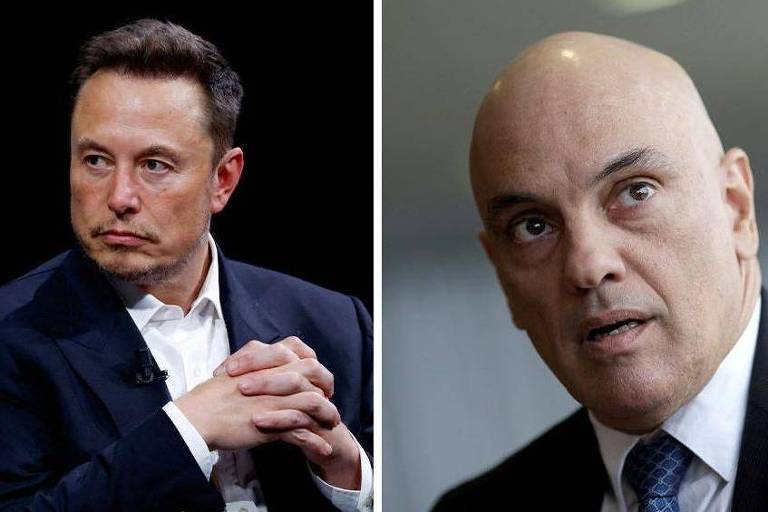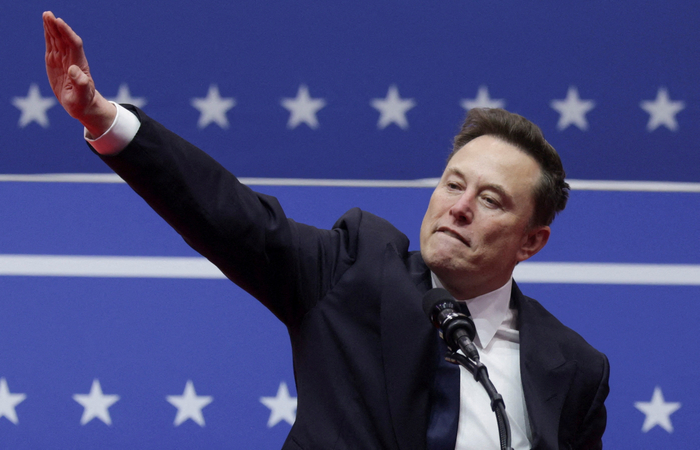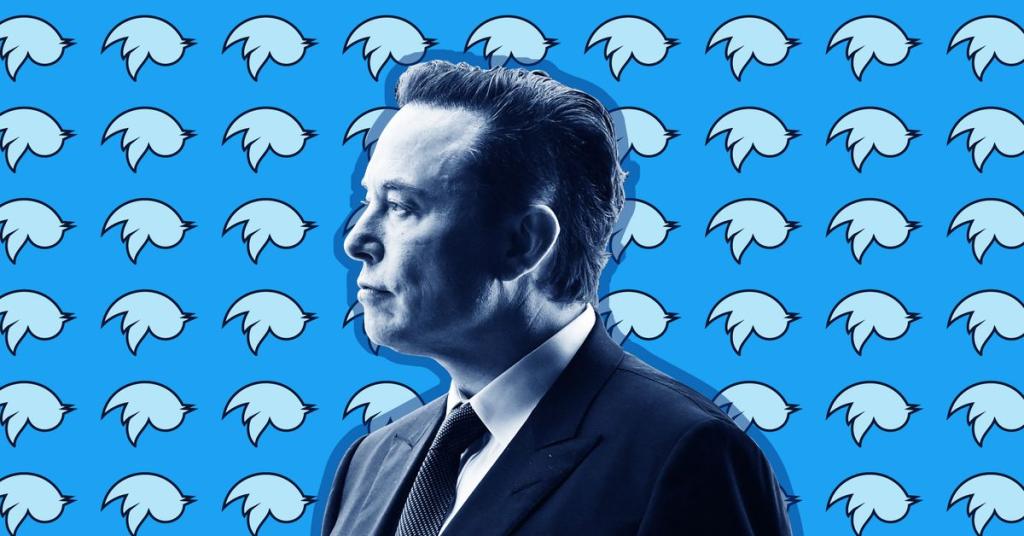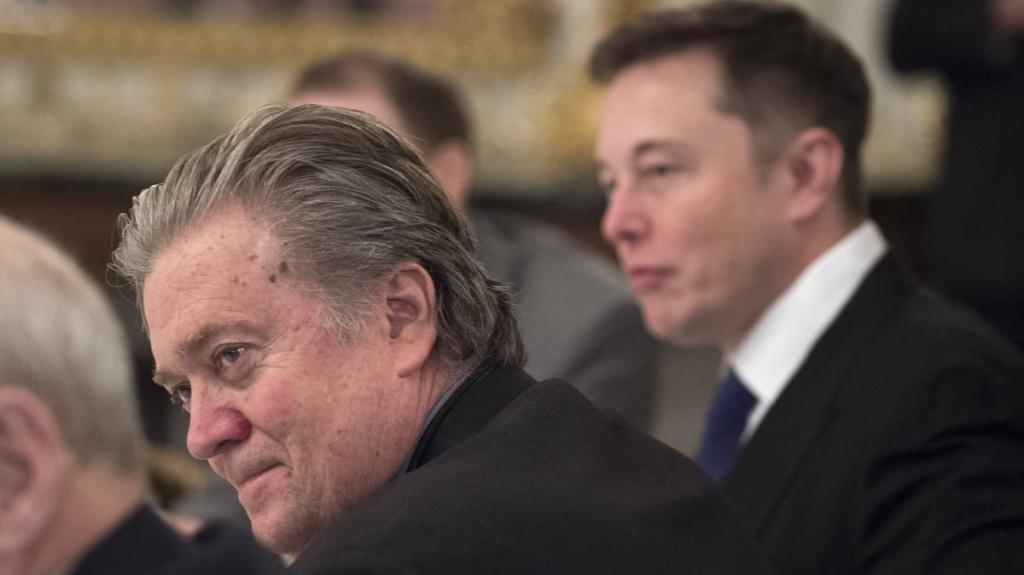Elon Musk's Legal Battle with Brazil: Censorship and Free Speech
Elon Musk faces a legal showdown in Brazil, challenging censorship while raising critical questions about social media responsibility and free speech.

Key Points
- Elon Musk
's platform X faces potential suspension in Brazil for failing to comply with local regulations requiring a legal representative.
- The legal clash raises critical questions about the balance between censorship and freedom of speech in social media governance.
- Public reactions highlight a cultural divide, reflecting broader concerns about accountability and the influence of tech giants in democratic societies.
The ongoing legal struggle between billionaire Elon Musk and
Justice
has captivated attention, not just for its star power, but for the serious implications it holds for social media governance in Brazil. As Musk’s platform, X (formerly
), sparks debates around censorship and free speech, it also raises questions about corporate responsibility and compliance with international laws. This blog post explores the evolving dynamics of this high-profile confrontation and its significance in the global battle against misinformation and hate speech.
The Legal Framework at Play
Under Brazilian law, social media companies are required to designate a legal representative within the country. This regulation is designed to ensure accountability, enabling individuals to pursue legal actions against these platforms when necessary. However, Musk has found himself in hot water for failing to comply with this stipulation. Justice de Moraes issued an ultimatum requiring Musk to appoint a representative within 24 hours or face suspension of X in Brazil. The implications of non-compliance are significant, as they could lead to the platform being progressively restricted for over 22 million Brazilian users.

Musk's immediate reaction was indicative of his broader strategy: employing confrontational rhetoric rather than complying with the legal system. He dismissed the judge's order as censorship, portraying himself as a champion of free speech while his platform has been accused of refusing to remove extremist content. This pattern raises critical questions about the responsibilities of social media platforms to foster safe online environments.
The Underlying Issues: Censorship vs. Freedom of Speech
The core of the conflict is far more than just legal compliance; it speaks to the larger narrative of censorship versus freedom of speech. Elon Musk, who often presents himself as an advocate for unbridled expression, accused Brazilian authorities of overreach and bullying. However, critics argue that the enforcement of Brazilian laws reflects genuine efforts to protect democratic values and counteract misinformation. As Justice de Moraes pointed out in his actions against various social media platforms, the fight against misinformation is not merely a political endeavor but a necessary measure against potential threats to democracy.
Brazil's experience with misinformation, particularly in the wake of electoral unrest, calls for vigilance and responsible oversight on social media platforms. In recent years, Brazilian political discourse has been tainted by "fake news", particularly prominent during the controversial
administration. Musk's actions and the ensuing media frenzy highlight the fragility of democratic institutions in the age of social media.
Cultural Reactions and Implications for Social Media Norms
The cultural fallout of this conflict has been significant. On the social media platform, Brazilian users have turned to satire and humor, coining phrases like "THE TWITTER WILL END", often in a tone of mock resignation. This response not only illustrates the tendency of users to adapt to changes in their online environments but also hints at an undercurrent of frustration with the perceived elitism of American tech giants.
Moreover, the reactions from online communities reflect broader societal divisions. Some users see Musk as a hero standing up against what they perceive as arbitrary judicial governance, while others uphold the judge's decisions as a necessary defense against hostility towards democratic institutions. This divide underscores the complexity of handling speech regulation in diverse cultural contexts.
The Future of X in Brazil
The future of X in Brazil is uncertain, with potential outcomes ranging from punitive sanctions to an eventual resolution that could see Musk comply with local laws. Looking ahead, Musk's strategy alongside the Brazilian judiciary might define the framework for global standards of accountability in social media governance. Ultimately, this clash illustrates a pivotal moment where corporate practices meet the realities of the legal landscape, prompting all stakeholders to consider the balance between freedom and responsibility.
As we continue to observe this high-stakes situation, it's essential to recognize the intricate layers within this confrontation. The outcome may not only affect Musk and his platform but could potentially serve as a case study for how global tech companies navigate governance challenges in diverse political environments.


